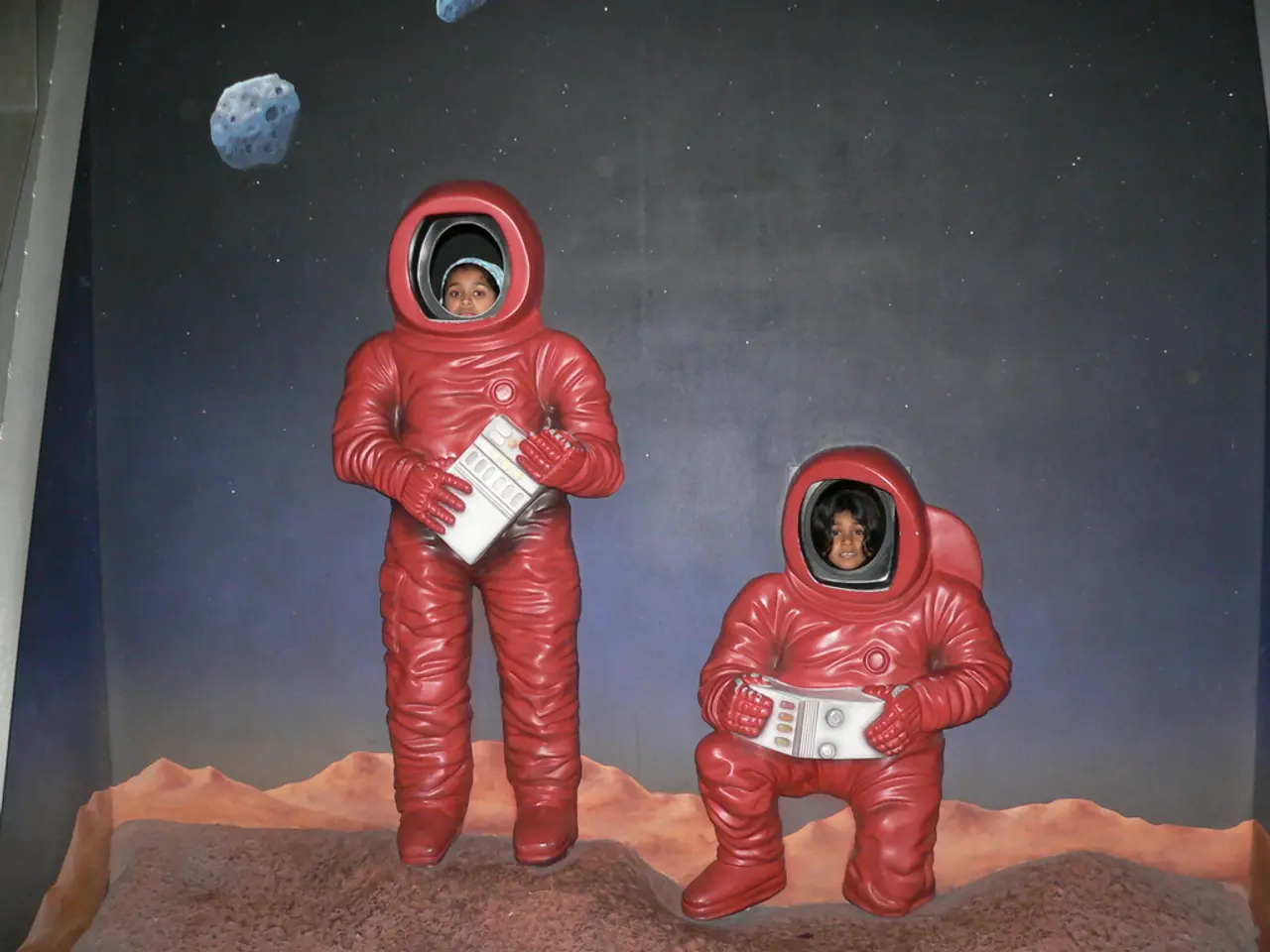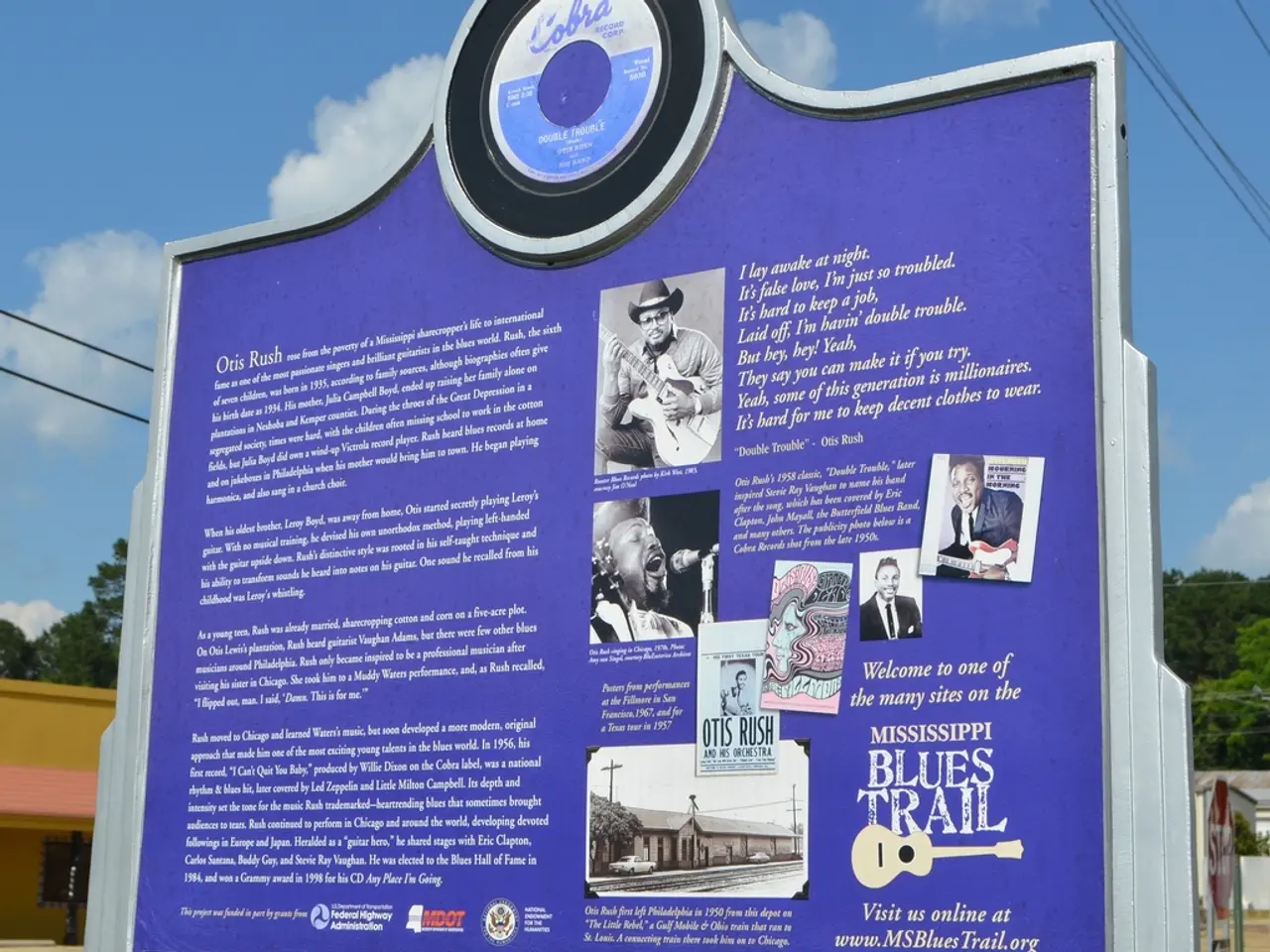Syrian Citizen and Astronaut Muammad Ahmad Faris as the First to Journey into Space
Muhammad Ahmed Faris, born on May 26, 1951, in Aleppo, Syria, made history as the first Syrian and second Arab astronaut to venture into space. His groundbreaking journey on the Soyuz TM-3 Research Vehicle to the Mir Space Station on July 22, 1987, marked a significant milestone in Arab and Syrian space exploration.
Before his celestial sojourn, Faris graduated from the Air Force Academy in 1973 and served in the Syrian Air Force with the rank of Colonel. He also served as an aviation instructor and a specialist in navigation later in his military career. In 1985, he was selected to participate in the Interkosmos spaceflight program.
Faris's space mission lasted for 7 days, 23 hours, and 5 minutes, during which he conducted various experiments and observations. For his successful mission, he was awarded the Order of Lenin and declared a 'Hero of the Soviet Union' on 30 July 1987.
Upon returning to Earth aboard the Soyuz TM-2, Faris continued to inspire aspiring engineers, pilots, and scientists in Syria and the broader Arab world. His achievements demonstrated that Arabs could contribute to advanced scientific fields, encouraging youth and professionals to pursue careers in aviation, aerospace, and scientific research.
Faris's impact extends beyond Syria's borders. As one of the first Muslim astronauts, his participation in space exploration marked an important moment in Arab and Muslim participation in space exploration. His legacy helped elevate the Arab presence in global space exploration narratives.
In the wake of the Syrian civil war, Faris joined the regime opponents by rebelling against the Bashar Assad government on 4 August 2012. He sought refuge in Turkey on August 5, 2012, and has since lived there for 8 years. Faris has expressed a desire to contribute to space studies in Turkey and has been teaching at Istanbul Aydın University and Şehir University, as well as giving lectures at Ali Kuşçu Space House in Eyüp.
In an interview in Turkey in 2015, Faris emphasized the universality and importance of knowledge and science. He continues to inspire future generations, teaching children in addition to his university lectures. In 2020, Faris became a citizen of the Republic of Turkey.
Faris's legacy endures as a symbol of possibility and achievement for Syrians and Arabs in aerospace and space exploration. Though Syria's space program remains limited, his pioneering role serves as an inspiration for future generations to explore and innovate in aviation and space sciences.
- Faris's groundbreaking space mission inspired a generation of Arab youth and professionals to pursue careers in aviation, aerospace, and scientific research, demonstrating the potential for Arabs to contribute to advanced scientific fields like aviation, aerospace, and space exploration.
- As one of the first Muslim astronauts, Faris's participation in space exploration marked an important moment in Arab and Muslim participation in the field of space-and-astronomy, elevating the Arab presence in global space exploration narratives and serving as a symbol of possibility and achievement for future generations.




